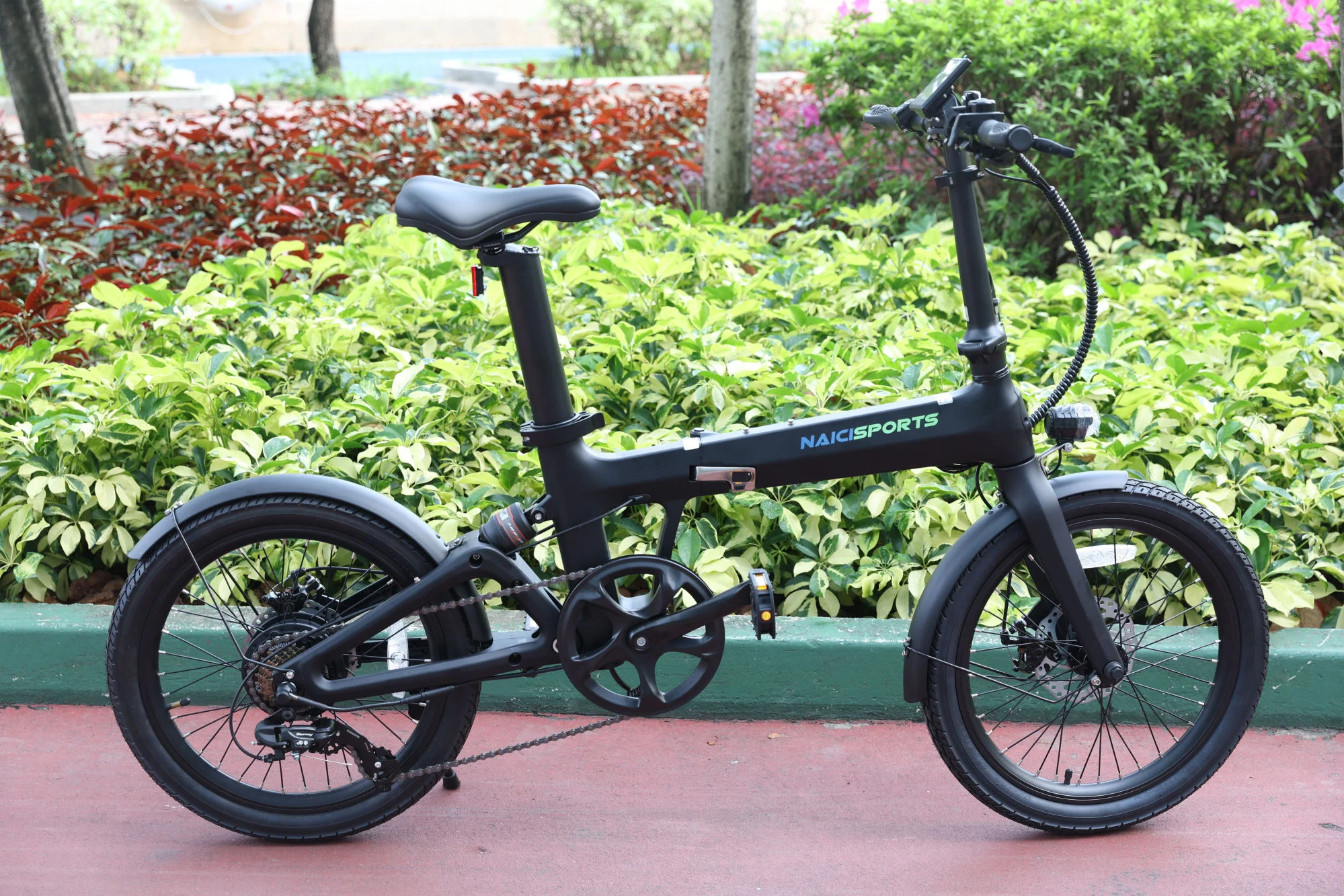Riders of legal E-bikes in Hong Kong must adhere to a speed limit of 25 km/h on designated paths and roads.
Legality and Restrictions of Electric Bikes in Hong Kong
Current Legal Status of E-bikes
Electric bikes are generally regulated in Hong Kong under the same category as motorcycles, which means they are required to satisfy the needs of registration, licensing, and insurance. The latest included pieces of information claim that E-bikes, which are able to reach a speed higher than 25 km/h without the help of pedals or are outfitted with a powerful motor exceeding 250 watts, are motor vehicles . The Transport Department explicitly states that any E-bike exposed to public roads is expected to meet these severe criteria.

Penalties for Illegal Use on Roads and Tracks
In Hong Kong, the penalties imposed on the illegal use of E-bikes on public roads, pedal cycles tracks, or footpaths are severe. For the first violation, the offender may be fined up to HKD 5,000 and spend three months in prison. The penalties for the second violation include a fine of HKD 10,000 and six months of imprisonment. Such rigid enforcement illustrates the governmental authorities’ dedication to road safety and legal compliance.
Prospects of Legalization and Changes in Law
The moderate deregulation of E-bikes is presently under discussion among the governmental authorities and field specialists. The relaxations of laws may be supported by particular requirements for the pedal cycles’ usage, such as paving dedicated paths. The maximum motor may reach 250 W, and the speed limit can be equal to 25 km/h to comply with the international standards . Such alterations are potentially under discussion as a part of comprehensive environmental transport policy in Hong Kong.
Anticipated guidelines and safety regulations
Speed limitations on designated paths
In the interest of ensuring safety for all road users, authorities in Hong Kong are expected to enforce particular speed limitations for E-bikes on designated paths. The suggested speed cap is expected to be 25 km/h, which is the standard for electric-assist bicycles internationally . This limitation should reduce the potential for incidents involving pedestrians and other cyclists, making the shared environment safer. Areas where these limitations are enforced are likely to be marked by specific signage and road markings to inform E-bike riders of the regulations.
Safety equipment and battery regulations
To enhance safety for E-bike users and the passengers and pedestrians around them, stringent regulations concerning safety equipment and battery specifications are likely to be enforced.
In regards to batteries, the major safety concern lies with lithium-ion models and their potential for thermal runaway and explosion. The regulations regarding batteries will likely specify that they should be properly certified to ensure that they have been tested for reliability and safety in terms of thermal runaway, electrical safety, and impact resistance. E-bike batteries are expected to meet standards such as UL 2849 or a close international equivalent .
Comparison with existing E-bike laws in other regions
In comparison with the expected laws regarding E-bikes in Hong Kong, existing ones in other regions seem to show a trend of standardization, specifically involving speed limitations and safety gear requirements. For instance, the EU requires its member states to enforce a 250-watt limit on motor power and a 25 km/h speed cap. Meanwhile, in the United States, some states enforce similar restrictions, while others allow greater power and speeds, up to 750 watts and 32 km/h .
Proposed and existing e-bike trails in Hong Kong
Notable electric bike trails and routes
Hong Kong is currently exploring the concept and looking into the possibility of creating a number of designated trails and routes for e-bike users, promoting the use of environmentally friendly modes of transportation while ensuring the safety of all road users. Currently, one of the central and flagman routes being suggested is the proposed Tseung Kwan O to Sai Kung route, designed to only allow e-bike riders to enjoy the scenic pathway which has been developed to cater to the needs of e-bike riders preferring to use their mode of transport for leisure and exercise, while staying safe and secure in the environmentally friendly manner . Key features of this route include the low traffic density, as well as the luxury of the breathtaking views and accessibly, fact that makes this route an ideal pilot trail for e-bike testing in Hong Kong .
Infrastructure: cycling paths and the condition of the traffic
The infrastructure plays a pivotal role in ensuring the safety and later the success of the integration of e-bike users into the roadway system of Hong Kong. Among the noteworthy suggestions in this regard, one could refer to the widening of the existing cycling paths, placement of clear and concise signs and introduction of dedicated e-bike lanes to selected routes, which will eliminate any possible clashes between e-bikers and pedestrians or usual bike riders. In addition, a number of changes are being considered with regards to the current traffic situation in Hong Kong, particularly, the possibility of proving dedicated traffic signal timings, different types of road and bikes lanes, crossings and markings, prioritizing the smooth and fast transport of all forms of transport though having the e-bike rider be affected by the smallest possible level of traffic to ensure safety and smooth riding.
The road to electric biking: what can Hong Kong expect?
On-going studies by the Transport Department
The Transport Department of the Government of the Hong Kong Special Administrative Region is conducting extensive studies to determine what impact electric bikes may have on the congested and highly polluted city. The research is focusing on the feasibility of implementing E-bikes in Hong Kong and revolves around their performance in relatively undefined urban environments, energy efficiency, and adaptability to the current road and signals infrastructure . The Department’s studies also investigate novel roads and infrastructure approaches, such as E-bike lanes that adjust to the speed and frequency of E-bike use and smart traffic signals. The Department is also interested in collecting and analyzing direct E-bike usage data, such as frequency of use, distance traveled, battery life span, and user demographics statistics to help plan future policies and investments in infrastructure.
Public Opinion and Industry Insights
The future of electric biking in Hong Kong is dependent on public opinion to a large degree. Therefore, research teams are currently working on surveys and conducting focus groups to determine HK residents’ sentiment towards E-bikes. The surveys are primarily focused around the demand side of E-bike politics and take note of Hong Kong citizen’ concerns of costs, E-bike infrastructure, and charging stations. In general, public opinion tends to favor the use of E-bikes among the younger population as a cheaper, cleaner, and greener alternative to using a car. Meanwhile, the industry stakeholders, such as bike manufacturers and E-bike resellers, provide the government with technical information on advances in E-bike production, abilities to supply the HK market, and develop the bikes best suited to the requirements of the future E-bike owners.
Environmentally Friendly considerations in public transport policy
Hong Kong government has been focusing on the environment as a key policy target for several years. It is expected that E-bikes will have a positive effect on the city’s push for cleaner air and better health standards. As such, the government is interested in creating E-bike friendly policies that include investing in renewable electricity for charging stations, tax incentives for purchasing the E-bikes, and subsidies for businesses that use them in their delivery system. In addition to that, the government is interested in the creation of white, green corridors in the city, for users to travel using eco-friendly means of transportation.
